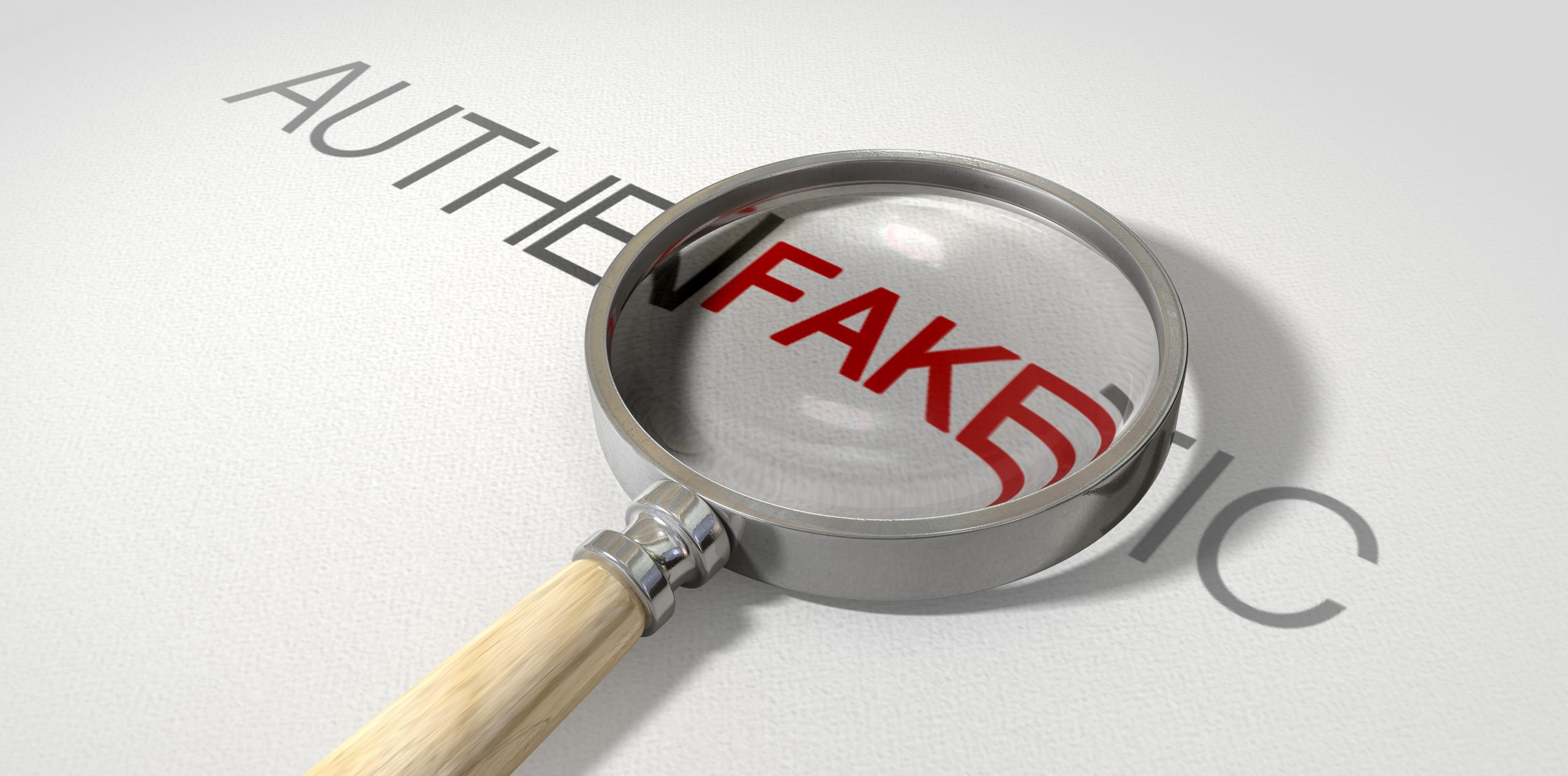On July 29, 2011, Judge Leonie M. Brinkema of the Federal District Court in Alexandria, Va., Fourth Circuit, issued a memorandum of opinion and order stating that in a criminal case a journalist can invoke the First Amendment Reporter’s Privilege not to reveal his source of information and stand the subpoena of the prosecutor. The court must balance the reporter’s need to protect his source and the need of the prosecutor to prove his case.
The case arose in January 2006 when James Risen, a Pulitzer Prize winner, wrote the book State of War: The Secret History of the CIA and the Bush Administration. The book attempts to show the failure of some leaders in the Central Intelligence Agency and the Bush administration in preparing for, and conducting, the early phases of the American invasions of Iraq and Afghanistan. In addition, the book attempts to show the Bush administration’s failure to counter Iran’s effort to gain nuclear weapons.
The issue is with reference to Chapter 9 of the book and its description of “Operation Merlin” in which the CIA allegedly instructed a former Russian scientist to provide flawed nuclear weapon blueprints to Iran. The assumption is that Operation Merlin was flawed. On January 2008, the US Government issued a subpoena to Risen in an attempt to look identify his source for Chapter 9. Risen moved to quash the subpoena. The name of the informant was disclosed indirectly; in a classified Government affidavit dated March 2008, the Government concluded that Jeffrey Sterling was the source. At this point the U.S. Government later in January 2010 looked for a second subpoena requesting more precise details surrounding the acquisition of the classified information.
Risen invoked the reporter’s privilege based on his confidentiality agreement with the source. Risen also stated that the U.S. Government did not have a compelling interest in the information and the information was presumably available from alternative source. The Government responded that the Fourth Circuit does not recognize the reporter’s privilege.
In the discussion, Judge Brinkema explained that the fourth Circuit recognizes a qualified First Amendment reporter’s privilege that may be invoked against a subpoena to protect sources of information or limit any harassment or intimidation to a journalist. In defining the protection, the Court reaffirmed its balancing test in which the court must consider: 1) whether the information is relevant; 2) whether there is a compelling interest; and 3) whether the information can be obtained by alternative means (LaRouche test). The Court affirmed such protection in only one criminal case but stressed that there is no difference between civil actions or criminal cases.
For Judge Brinkema, a criminal trial is not a free pass for the government to rifle through a reporter’s notebook. The Government must prove the reasons justifying a discovery of this magnitude. In another part of the opinion the Judge stated that Risen’s testimony would have been against his penal interest because the unauthorized receipt of classified information is against the Espionage Act. However, no journalist has been prosecuted for merely receiving classified information without authorization.
This ruling can set an important precedent at a Federal level, allowing the press to continue to nurture investigative journalism.


